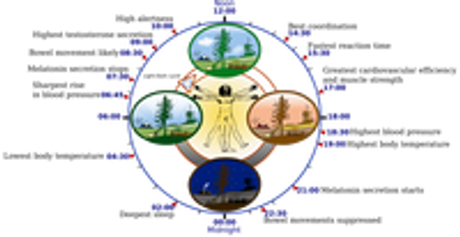Energy Drinks and Diabetes – A Double Whammy
Posted by Stephen O'Hare, President of Pedors Shoes on Aug 21, 2014
This week Coca-Cola purchased a share in energy drink maker Monster Beverage. The news caught my attention as it seemed like a strange fit for me. As kids, were were holding hands teaching the world to sing in perfect harmony buying cokes for one another.
It was a family friendly marketing message that evolved over decades to an eco-friendly, red and white scarf wearing polar bear- in an effort to try to save the planet. Counter point that with a loud brash brand that for some evokes aggression and even hedonism and there’s a bit of a mixed marketing message. I don’t know what the ad spend budget for Coke has been over the past five decades, but my guess is that’s it’s quite a bit more than the $2.15 billion plus the Coke money guys spent to acquire the 16.7% stake in Monster. You've got to wonder what the execs at McCann –Erickson thought about the move.
But there’s more to my surprise than just a brand image issue. Sales in Coke for the past few years are declining. There’s been a shift in most markets from sugar laden drinks to healthier alternatives. We've witnessed the diet drink segment grow and the emergence of a strong sports drink market. The sugar free juice and veggie market has ripened. Soccer moms are wise to the evil high fructose corn syrup and squint to check out the label each time they consider buying a new product and not surprisingly Monster drinks don’t make the cut. Most supermarkets won’t even have them on the same isle as the water based healthy stuff. You tend to find the energy drinks all alone as the supermarket Feng-Shui-meister is not quite sure where to place them. But a lot of people want them and drink them. Many drink an energy drink in the morning instead of a coffee to get them going and of course there’s money to be made selling them at about $2 a pop.
With countless studies done on the health risks associated with the amount of sugar in soda, health studies on energy drinks are unified in their findings. Caffeine and sugar are present in amounts known to cause a variety of adverse health effects with as much as 80 to 300 mg of caffeine and 35 grams of processed sugar per 8 ounce serving, more sugar and more caffeine than a full bore 8 ounce serving of coke at 22 mg and 26 grams respectively.
You’d think the highly paid executives tasked with managing brand direction would have seen the emergence of the energy drink market as an opportunity to position an argument that says something along the lines of “If you think sodas are bad, have you considered the risks posed by energy drinks” something along the lines of sodas being presented as the lesser of two evils in an effort to try and regain market share. But it seems the thought is to embrace the fast growing energy drink market to combat eroding soda revenues. But to me that is short term thinking.
As any kid will tell you, it’s tough to sleep with a Monster in the room and new studies are illuminating our understanding of what scientists call circadian disruption – a disorder of our internal timing system. It’s our circadian rhythm, our sleep and waking hours, that is reset by the light around us each day. It’s our internal body clock that adjusts to local time. It’s what messes us up when we suffer from jet lag. Occasional circadian disruption results only in relatively minor health consequences like disrupted sleep or daytime fatigue, but new studies show that chronic disruption can lead to Type 2 diabetes , various cancers, suppressed immune function, cognitive deficits, weight gain and premature ageing. People who work a night shift during the week and try to return to a normal schedule on the week end or people working on rotating shifts are most at risk.
A workshop on The Use and Biology of Energy Drinks: Current Knowledge and Critical Gaps was held at the National Institutes of Health on August 15 th and 16th 2013. There, Dr. Hee-Kyung of the Joe Bass Laboratory at Northwestern University presented Circadian Clocks, Metabolism and Disease
You don’t have to be a scientist to know what’s coming next.
It’s a fairly simple formula and one that doesn't need to be kept a secret.
Sugar + caffeine = disrupted circadian rhythm + obesity = risk of diabetes.
If we are serious about cutting health care costs in America we need to get serious about the products that contribute to the causes of disease and how they are marketed, especially to kids.
Just as cigarettes and alcohol are taxed so too should drinks with high sugar content- if only to pay for more diabetes educators.
If that seems a bit extreme, and considering what we now know, click on the first link of this post, watch it, and see how “health” dated that ad is today.
It maybe that energy drinks are the beverage market’s current drink du jour, but it won’t be long before their sales decline will be keeping those jet set execs awake at night.

